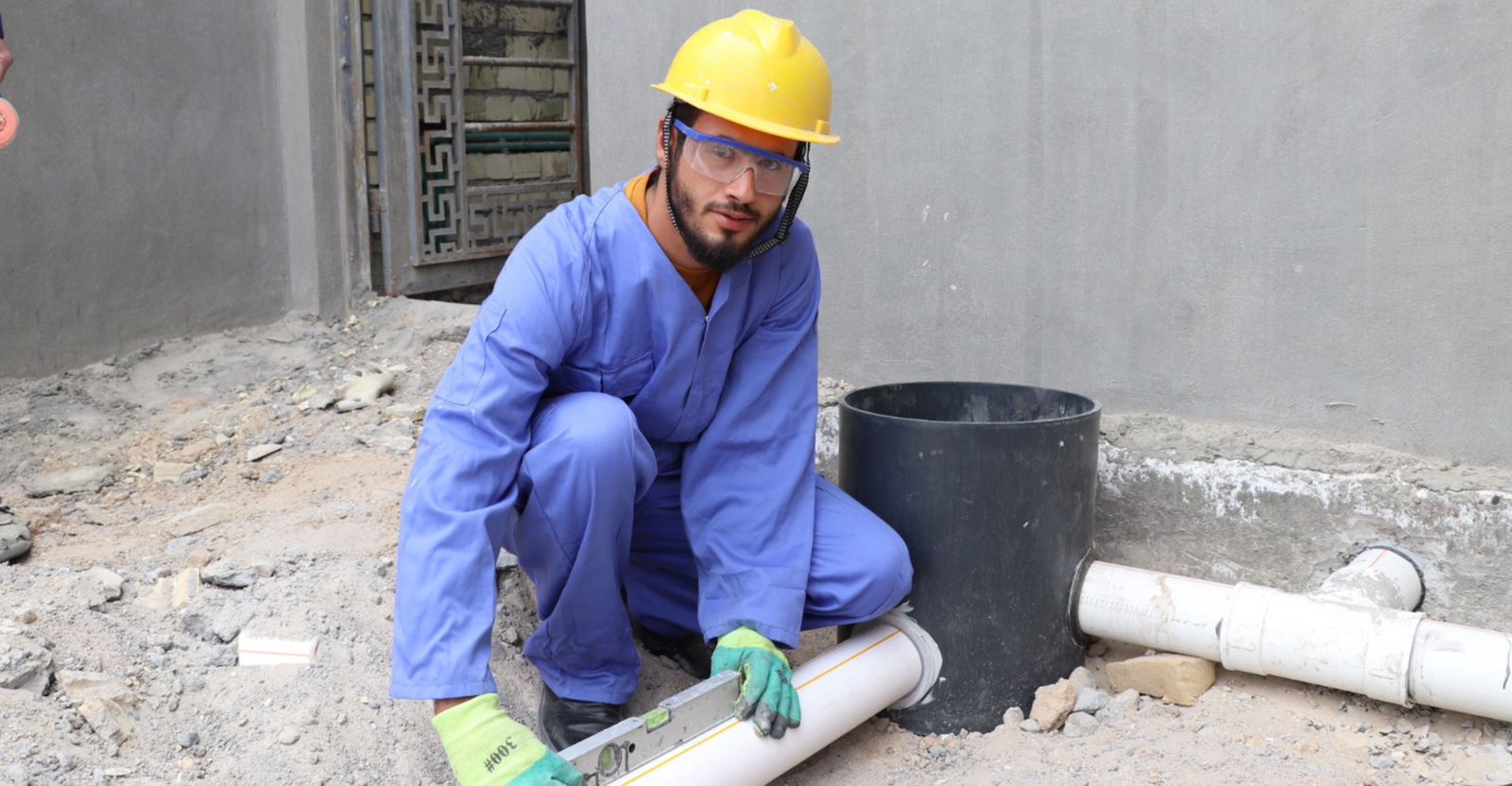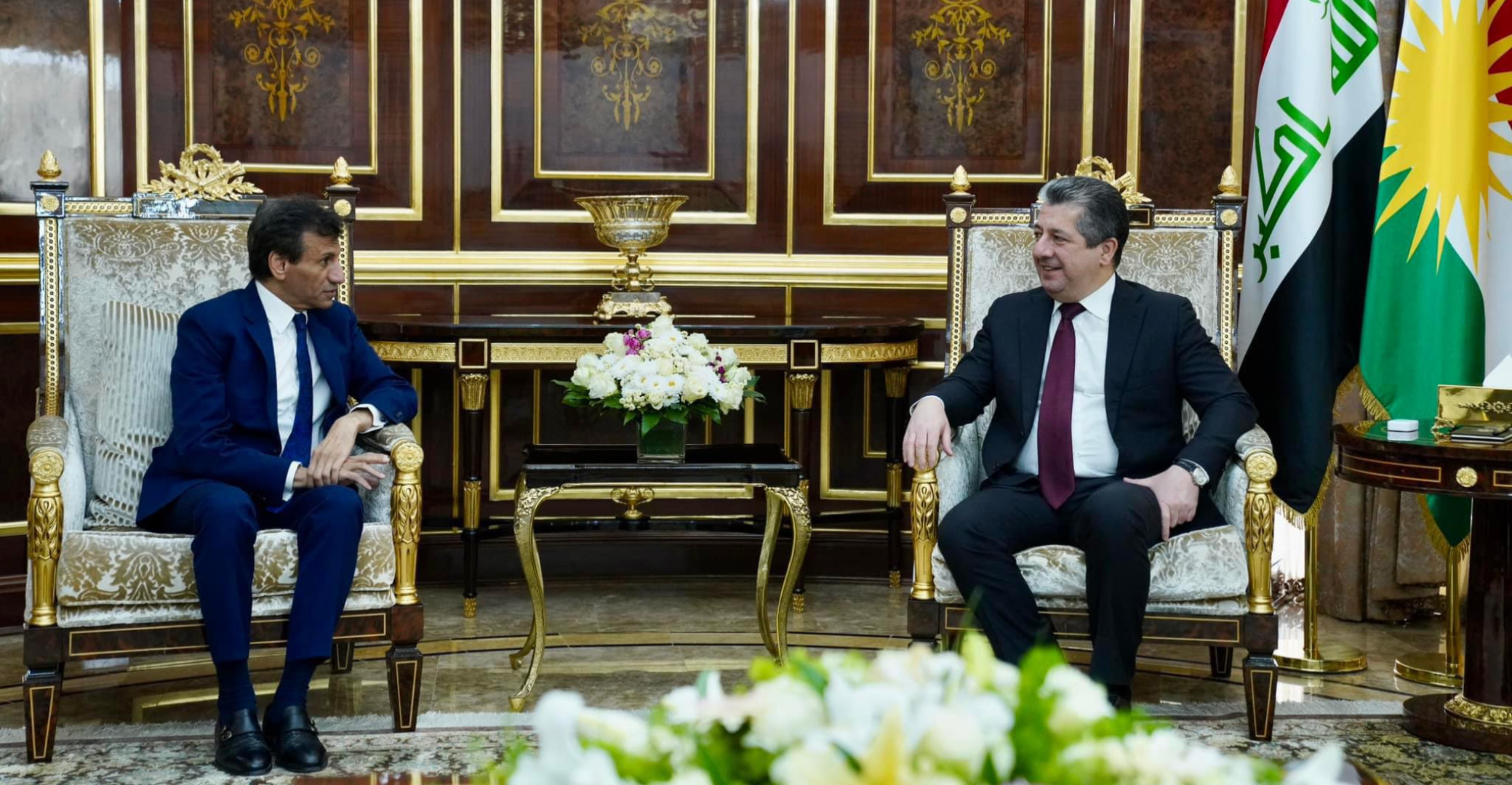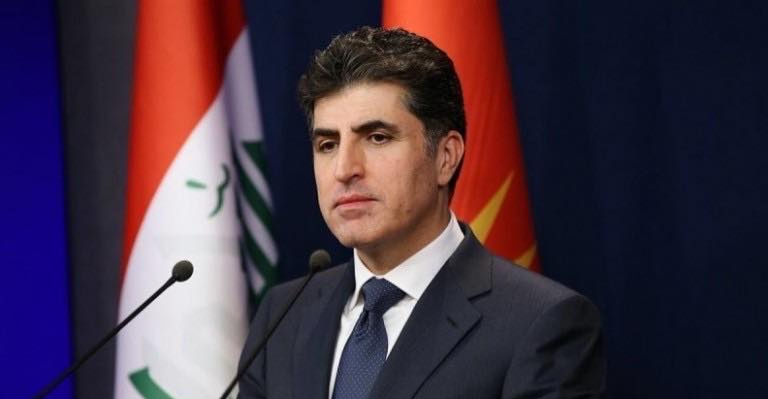UNDP's C2RI Project empowers returnees, strengthens communities in Iraq

Shafaq News/ The United Nations Development Programme (UNDP), through its Community-Based Reconciliation and Reintegration in Iraq (C2RI) project—a key component of its Social Cohesion Programme—aims to promote return, reintegration, and social cohesion in Iraq's areas of return.
In collaboration with partners such as Human Appeal, this initiative is being implemented in Kirkuk, Diyala, and Al-Anbar Governorates.
According to UNDP figures, since its inception, the C2RI project has positively impacted 170 beneficiaries, including 82 women, across these governorates. With a goal to reach 9,000 individuals in 2024, these efforts, supported by UNDP's Funding Window for Peacebuilding, "are instrumental in laying the foundation for a peaceful and socially cohesive Iraqi society as the country embarks on its sustainable development journey."
The UNDP Iraq published a testimony to the importance of this initiative by narrating the story of Suhaib Rasme Ahmed, who woke up every morning "praying there would be work for him to do on different construction sites in the city."
The 25-year-old had been working as a day laborer in Fallujah for as long as he can remember, earning 25,000 IQD (app. $17) in daily wages to take care of his elderly parents, with whom he lives.
Recently, however, luck smiled on him when the United Nations Development Programme (UNDP) and its partner, Human Appeal, selected him to take part in a vocational training course.
"The course, tailored to empower returnees, former displaced individuals, and community members, offered Suhaib a chance to hone his skills in plumbing," UNDP explained.
"I jumped at this opportunity because it was my one chance to get a steady income," Suhaib shared with UNDP. The modest stipend of $15 (21,750 IQD) provided during the training ensured Suhaib could continue supporting his family.
With training from seasoned professionals at the local vocational training institute, Suhaib emerged as a skilled plumber.
The training came with a job placement at Wisam Yassin Muklif's plumbing workshop, where Suhaib got a few days of orientation before he was charged with taking on plumbing duties for an entire house.
"It simplifies my work when I receive trained individuals. I give them basic orientation, and they start working immediately. Suhaib has been with us for nearly two months and is already a team leader," Wisam shared.
He added that having trained plumbers enabled him to work on more houses in the Al Zuhair Compound, a new development with over 3000 private residences emerging on the outskirts of Fallujah town. With Suhaib on board, he has expanded to two teams, with three plumbers each– Suhaib leads the second group.
UNDP said a plumbing toolkit offered to Suhaib at the end of the training enabled him to start working immediately, allowing him to secure opportunities outside Wisam's workshop.
"I was recently offered some work to do the plumbing on a house outside the estate, which paid me 75,000 IQD (app. $52)," Suhaib shared excitedly, which represented a significant increase from the 50,000 IQD (app. $34) that he earns per day at the compound.
With a more stable income, Suhaib can now dream of a better future.
Both Suhaib and Wisam were displaced from their homes – living in Baghdad for a couple of years before returning to Fallujah. Now that peace has returned, their interest is in getting their lives back on course.
"Acceptance has become commonplace, and sensitivity has reduced; it's not like before," Wisam remarked. Further, he emphasizes that, for him, skills were more important than an individual's past since what he needs right now are skilled workers.
According to assessments conducted by Human Appeal before the project started, vocational trades provided the most employment opportunities for young people, yet only a few expressed interest in them.
According to UNDP, "It is for precisely that reason that workshop owners, like Wisam, are eager to partner with the project to provide job placements for trainees. This collaboration has supported efforts to promote reintegration and acceptance while addressing the economic needs of the communities."
Ammar Mahmoud, the Director of the Organisations Department in the Fallujah Mayor's office, stressed the importance of such initiatives for restoring the local economy and fostering peaceful reintegration.
"We are happy that UNDP and different organizations are promoting these activities as they encourage returnee acceptance in the communities, particularly for widows who are increasingly seen as innocent victims," he said to the UN Agency, adding that with the growing construction sector, every addition to its workforce creates employment and fosters peace.
For UNDP, "this is the start of a new and peaceful Iraq where communities work together towards sustainable development."



